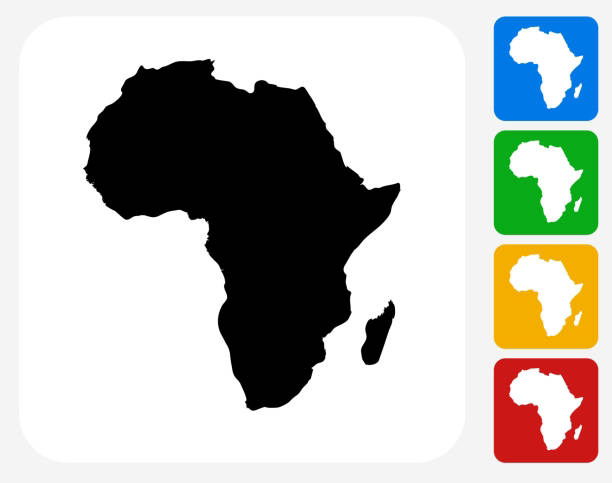Corruption: The Cancer Holding Africa From Becoming The Giant
It’s Meant To Be.
Corruption is a pervasive problem across much of the African
continent, causing immense harm to its people and stifling economic and social
progress.
From government officials embezzling public funds to
businesses bribing politicians, corruption is endemic in many African nations,
with devastating consequences.
At its core, corruption diverts critical resources away from
where they are needed most - investments in infrastructure, healthcare,
education, and other vital public services.
When politicians and civil servants line their own pockets
instead of serving the public good, it robs citizens of the basic services and
opportunities they deserve. This perpetuates poverty, inequality, and
underdevelopment in countries that can ill afford it.
The World Bank estimates that over $1 trillion is lost to
corruption in developing countries each year. In Africa specifically, research
suggests that corruption siphons off as much as 25% of the continent's GDP.
That is a staggering amount of lost potential that could
otherwise be directed towards reducing poverty, improving healthcare and
education, and building the infrastructure needed for economic growth and
prosperity.
Corruption also undermines the rule of law and democratic
institutions. When the powerful can avoid accountability and bypass the systems
meant to govern them, it erodes public trust in government and the integrity of
the political process.
This fuels cynicism, instability, and even violent unrest as
citizens lose faith in their leaders and the ability of the system to serve
their interests.
Perhaps most tragically, the impacts of corruption fall
hardest on the most vulnerable. The poor and marginalized are the ones who
suffer when critical social programs are starved of resources or when access to
basic services is determined by one's willingness to pay bribes.
Corruption entrenches inequality and denies the least
fortunate the opportunities they need to improve their lives.
Tackling corruption in Africa will require concerted,
long-term efforts on multiple fronts. Strengthening the independence and
capacity of anti-corruption agencies, improving transparency in public spending
and contracting, and empowering civil society to hold leaders accountable are
all essential steps.
Leaders must demonstrate the political will to root out
graft within their own ranks, even when it means going after powerful
interests.
International partners can also play a role by conditioning
aid and investment on concrete anti-corruption reforms, and by cracking down on
the flow of illicit funds out of Africa.
Multinational companies must be held to high standards of
ethical business practice and prevented from exploiting corrupt systems for
their own gain.
Ultimately, reducing corruption in Africa is not just a
moral imperative, but a strategic necessity for the continent's future. A more
transparent, accountable, and ethical governance model is key to unlocking
Africa's vast economic potential and allowing its citizens to thrive.
The fight against corruption is a fight for a more
prosperous, equitable, and just Africa.
Boniface Amani Gichina

No comments:
Post a Comment